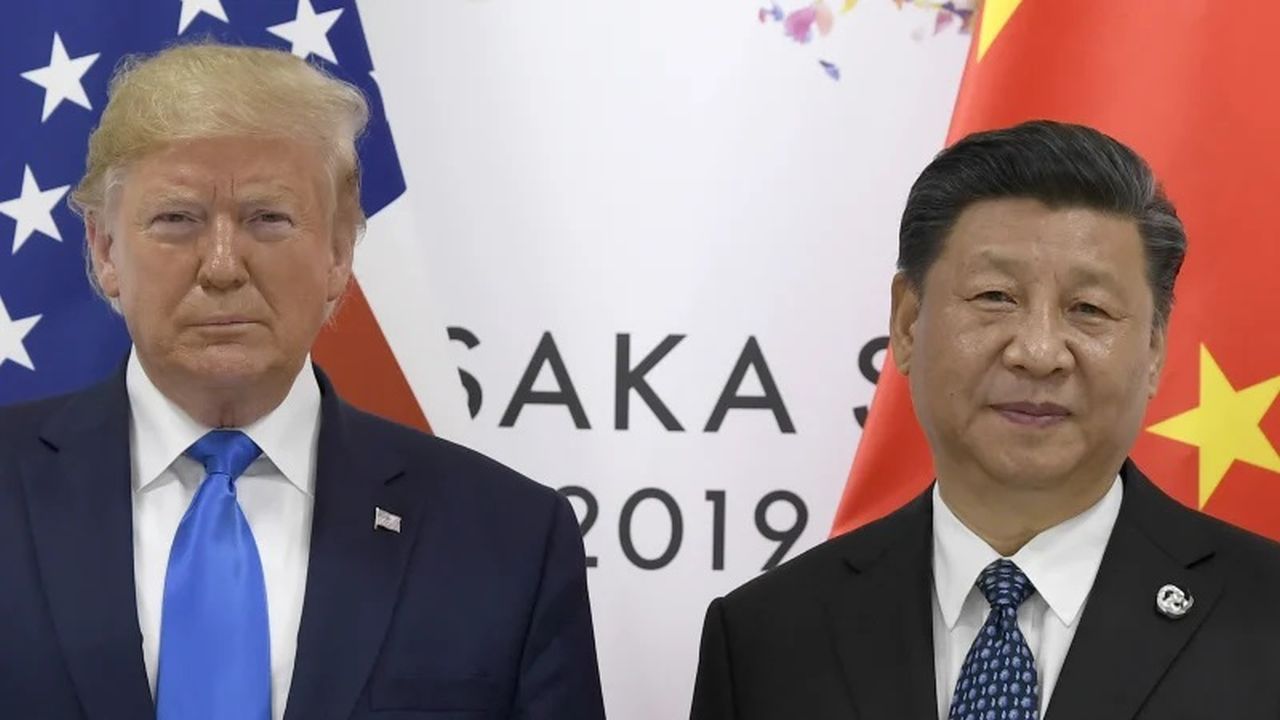The confusion in US politics cannot be ignored. Australia should consider hedging its bets by broadening our ties with like-minded nations.

While much attention has been devoted to Australia’s problems dealing with the rise of China, too little is paid to the equally important dilemma raised by the strains in our relationship with the US.
The US is still our most important military ally and Australians feel a close affinity with much American culture.
Yet the US, under President Donald Trump, has suffered an unprecedented loss in prestige recently. The Pew Research Centre, which has polled attitudes to the US in 15 countries since 2003, found that just 33 per cent of Australians have a favorable view of the US, the lowest on record and down from 50 per cent a year ago.
Australians now have about the same opinion as the French about the US.
China’s prestige suffered because of its cover-ups and mistakes at the start of the COVID-19 pandemic but the poll suggests that the US’s failure to contain the virus has hurt it almost as much.
Just 14 per cent of Australians think the US has handled the pandemic well while 60 per cent think the US has handled it very badly and 25 per cent badly.
Australians had expected the US, a rich country with its advanced science and medicine, to lead the way in fighting the disease but instead it has flip-flopped incompetently over its response at the cost of 195,000 lives and counting.
Mr Trump provoked laughter this week with his malapropism when he said he favored an approach to COVID-19 based on “herd mentality” (rather than immunity) but this is just one sign of his inability to listen to expert advice. Many will blanch at the toughness of their methods but the Chinese have done a better job controlling the disease.
The decline in the US’s reputation for competence has been aggravated by confusion over what the US stands for under Mr Trump. Only 23 per cent of Australians have confidence in his foreign policy.
Australians would like to believe that the US shares our attitudes but Mr Trump refuses to stand up consistently for shared values.
He has been sporadic at best in his condemnation of human rights abuses in China and says nothing about the outrages committed under his friend Russian President Vladimir Putin, such as the poisoning of dissident politician Alexei Navalny.
The US is supposed to favor free trade but Mr Trump has used trade as a weapon and refused to abide by World Trade Organization rules.
With wildfires raging on the US west coast, Mr Trump this week not only downplayed the role of climate change caused by humans but also denied that climate change is happening at all. “It will get cooler,” he said.
This is, of course, not just about Mr Trump’s personal failings. Even if Democrat challenger Joe Biden wins he will face the same pressure to reduce the burden of deploying US troops around the globe and a US economy that seems to be falling behind China’s.
Australia is not yet anywhere near the point where we want to reconsider the decision announced by wartime prime minister John Curtin that we would “look to America” for safety rather than Britain.
But the confusion in US politics and society cannot be ignored. Australia should consider hedging its bets by broadening our ties with like-minded nations. The European Union, for example, has been an ally in dealing with the World Health Organization and is increasingly standing up to China on human rights. Australia can work with countries in Asia such as Japan, India, Indonesia and South Korea which share our democratic values.
It is too soon to count the US out but the task of holding the line could become even harder if Mr Trump is elected to a second term.



